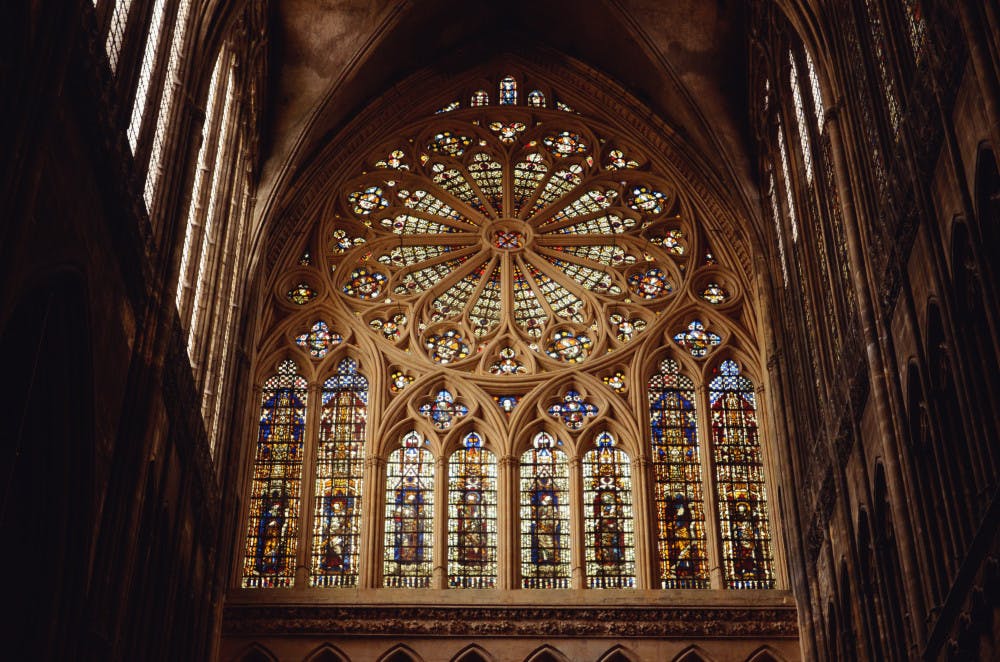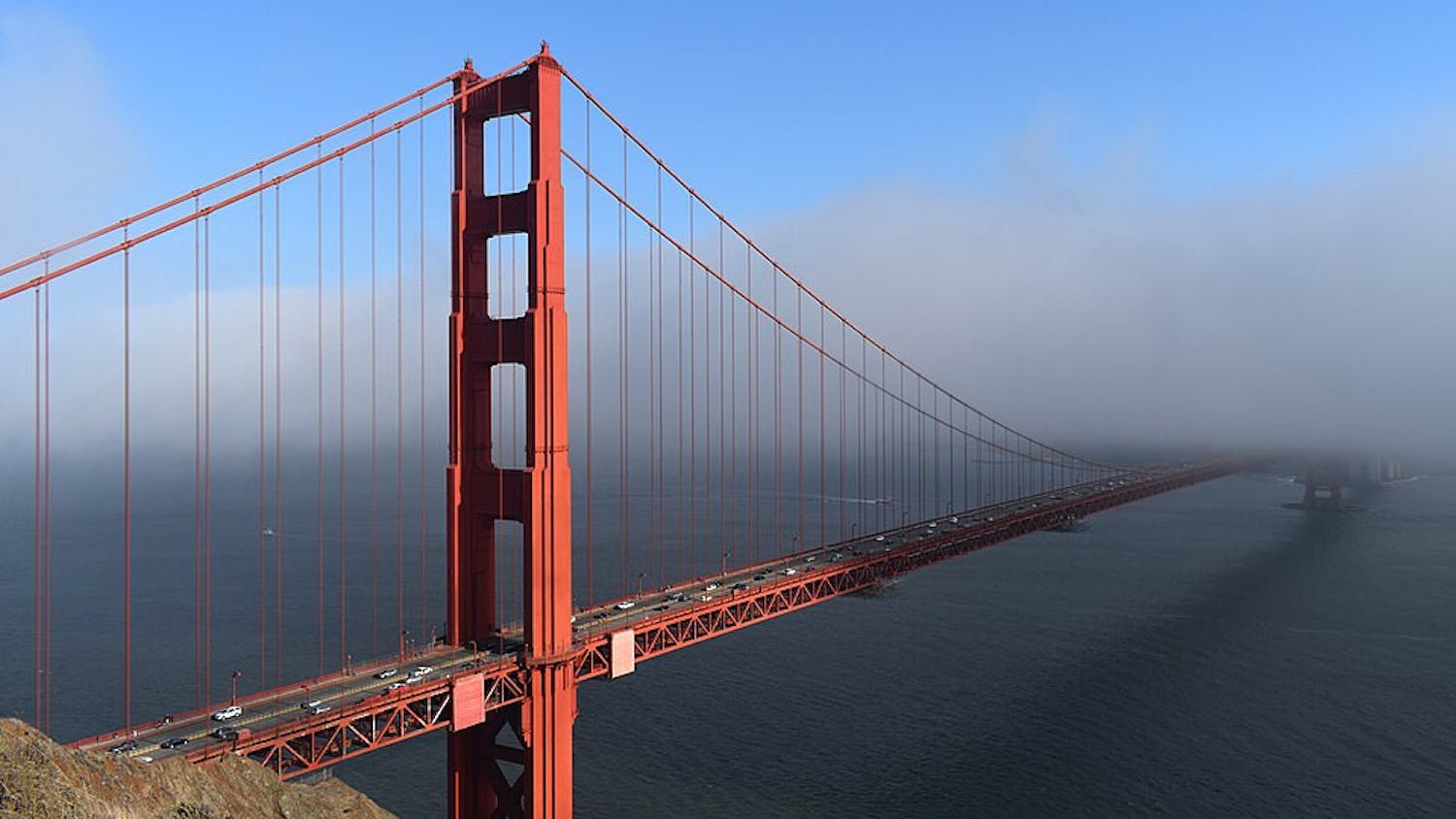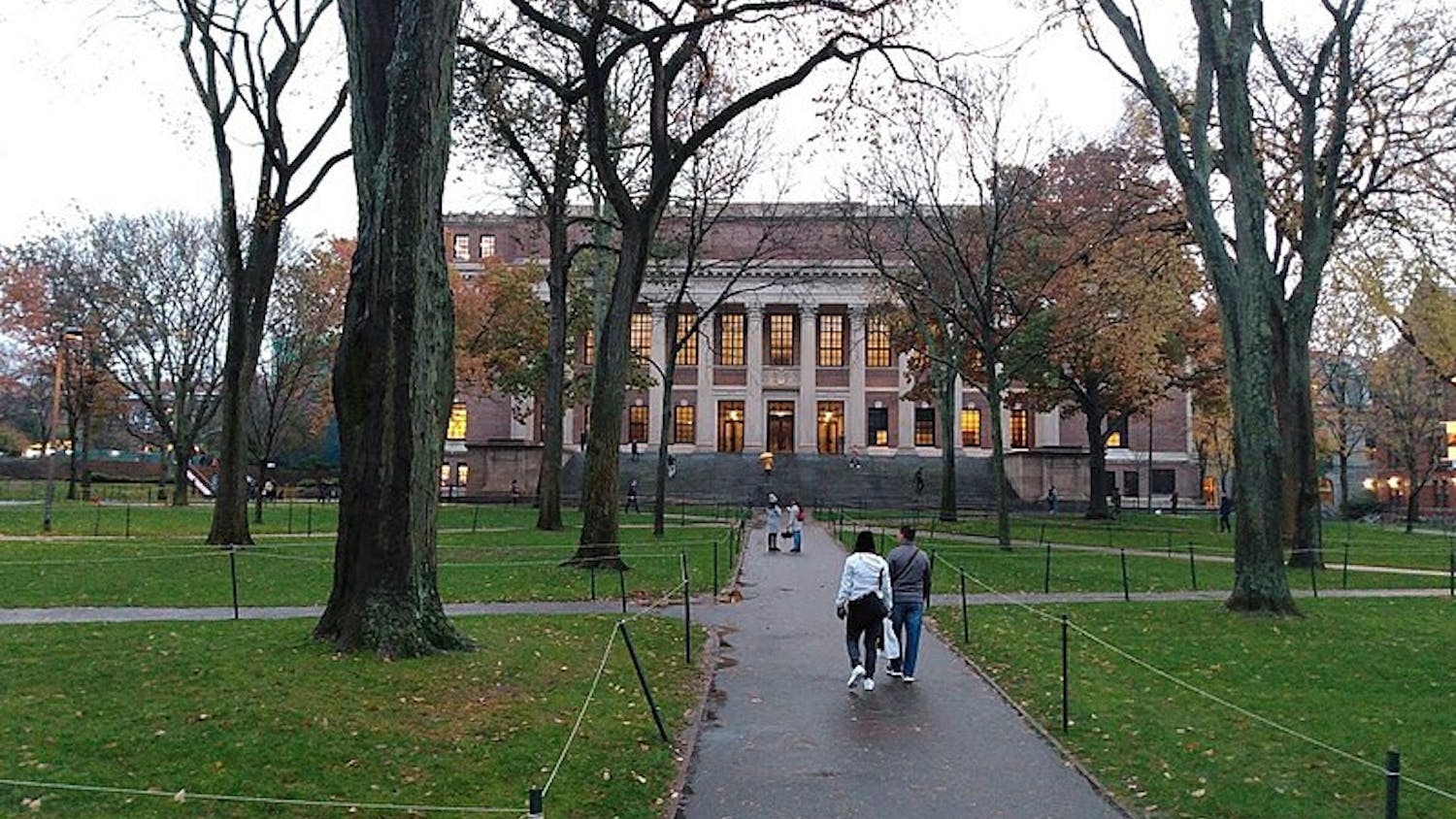By Nancy Bowne
Luggage tags of the past crammed the inner pockets of my passport holder. My four-wheeled, grape-jelly purple suitcase and my thoughts swirled through the terminals of JFK Airport. I was eager to begin my summer job as an au pair to a family in Barcelona.
Before I departed, I recall discussing with my parents that I would need to be especially open-minded and patient about Spanish customs. For example, my host family had a nanny who would make all meals and clean the bathrooms every day. One of the most interesting differences between the two cultures was the concept of time, as 8 p.m. is considered 8 in the afternoon in Spain.
But I would soon witness first-hand and question another culture’s customs even before I left U.S. soil. A new question ?— how should we interpret and respect a culture that doesn’t necessarily align with the basic human principles of a moral society?
As the flight attendants rushed through the aisles, securing carry-on drawers and going through takeoff instructions, I observed an Orthodox Jewish man lingering in the aisle. He clutched his carry-on and shyly called to the nearest flight attendant. He wanted to let the flight attendant know that he was not permitted to sit next to a woman, in the row in front of me.
The embarrassed flight attendant asked the man next to me if he would change seats with the woman in front, explaining it was “for religious reasons.”
Now, what’s the big deal? It was just a seat. One row higher. Two passengers quickly needed to change their seats. Five minutes hold up, tops.
A couple weeks fresh out of the College’s Welcome Week, I recognize that diversity and discrimination are pressing topics. I sat through several assemblies, which attempted to motivate audiences to accept every person’s ‘interconnectivity.’ I respect every person’s identity, culture and religion. But we still face discrimination in passive ways each day. We can accept his religion, but what if his religion does not accept other groups? Would those same assemblies note that religions discriminate against people?
Joseph Campbell, a former professor at Sarah Lawrence College, once discussed the world’s perception of religion in his book, “The Power of Myth.”
“When the world changes, then the religion has to be transformed,” Campbell wrote in the book.
Religion permits its participants to find peace of mind about their lives’ meanings. God is still a god by any other name. People can practice religion in the privacy of their home, but when it conflicts with the daily lives and interactions with others and their well-being, it becomes discrimination.
Hypothetically, what if I told the flight attendant that I did not want to be near the black man who originally sat next to me? No matter how I felt about that man on the basis of his skin would be my own issue. Publicly presenting this view on a plane would be unheard of and improper etiquette.
It is uncomfortable to be rejected, to be cast aside as someone you cannot sit next to. Women are often targets of discrimination in different cultures and religions. In some countries, women still cannot vote or drive a car. Should we cater to a society that condones this idea? It could have happened to me, but instead, it happened right in front of my eyes. Diversity and acceptance have been drilled into my ears, but I refuse to believe that we can truly achieve that when there are outdated contradictions like these.
When a plane goes up in the air, you are isolated, alone and grow close to the individuals with you. How will you decide how to spend that time?
Can’t we all sit next to each other?










